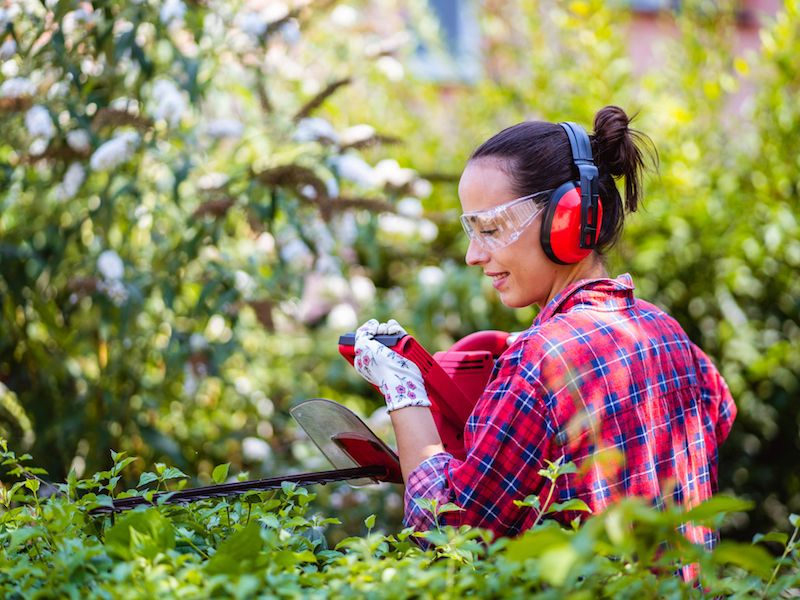
Protecting your hearing is a lot like eating right. It’s hard to know where to begin even though it sounds like a good idea. If there aren’t any noticeable noise risks and you don’t think your environment is very loud, this is especially true. But day-to-day life can stress your ears and your senses, so your auditory acuity can be maintained if you practice these tips.
The more you can do to slow the impairment of your hearing, the longer you’ll be able to enjoy the sounds around you.
Tip 1: Ear Protection You Can Wear
Using hearing protection is the most sensible and simple way to safeguard your ears. This means taking basic actions to reduce the amount of loud and damaging noises you’re exposed to.
This means that when it’s needed most people will want to wear hearing protection. Hearing protection normally comes in two basic forms:
- Ear Muffs, which are placed over the ears.
- Ear Plugs, which are put in the ear canal.
Neither form of hearing protection is inherently better than the other. Each style has its benefits. What’s important is that you get some hearing protection that you feel comfortable with.
Tip 2: When Sound Gets Dangerous, be Aware of It
But
Typically sounds become dangerous at the following levels:
- 95-100 dB: This is the typical level of your earbuds or the level of farm equipment. After about 15-20 minutes this level of noise becomes harmful.
- 85 decibels (dB): This volume of sound is hazardous after roughly two hours of exposure. Your hairdryer or a busy city street are both circumstances where you will find this volume of sound.
- Over 100 dB: Your ears can be very rapidly injured by this. Damage is done in about thirty seconds with sounds over this limit. For example, jet engines and rock concerts will damage your hearing in 30 seconds.
Tip 3: Make Your Phone Into a Sound Meter
Now that we have a general concept of what volume of sound might be harmful, we can take some precautions to ensure we limit our exposure. But in real life, it can be challenging trying to gauge what is too loud and what isn’t.
Your smartphone can now be used as a handy little tool. Sound meter apps exist for every type of smartphone.
Having a dynamic sound meter with you will help you evaluate everything you’re hearing in decibels, so you’ll have a far better idea of what harmful levels really sound like in your day-to-day life.
Tip 4: Monitor Your Volume Buttons
A smartphone with earbuds is usually the way people listen to music nowadays. This creates a risky scenario for your hearing. Your hearing can be considerably damaged if you keep your earbuds too loud over a long period of time.
Somonitoring the volume control means safeguarding your ears. In order to drown out sounds elsewhere, you should not raise the volume. in order to make sure that volume doesn’t get too loud, we suggest using volume settings or app settings.
If your hearing begins to decline, earbuds can become a negative feedback loop; you could find yourself consistently raising the volume of your earbuds so that you can compensate for your faltering hearing, and in the process doing more damage to your hearing.
Tip 5: Have Your Hearing Tested
You may think that having a hearing test is something you do only when your hearing begins to wane. Without a standard to compare results to, it’s not always easy to identify a problem in your ears.
Creating data that can be used for both diagnostic applications and for treatment can be best accomplished by scheduling a hearing exam and screening. This will give you some extra context for future hearing choices and ear protection.
Pay Attention to Your Hearing
It would be perfect if you could always safeguard your hearing without any problems. But challenges are will always be there. So anytime you can and as often as possible, safeguard your hearing. You should also get your hearing tested routinely. Put these suggestions into practice to improve your chances.
